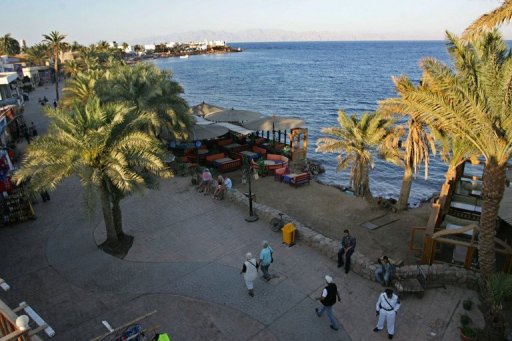KABUL: A bomb blast killed three NATO troops in western Afghanistan on Thursday, a day after six service members died in a spate of attacks by insurgents in the east and south.
An improvised explosive device killed the three service members Thursday, an alliance statement said, without providing nationalities or giving a specific location where the incident occurred. American, Italian, Spanish, and Lithuanian forces are deployed in western Afghanistan.
In a bloody day for NATO troops in Afghanistan on Wednesday, insurgents killed six service members, including four who died in a single bomb blast in the volatile south of the country.
One service member was killed in the east in an insurgent attack and another died in the south in a separate roadside bombing — the weapon of choice for militants in countering a large-scale NATO-Afghan operation in the region.
This has been the deadliest year for international troops in the nine-year Afghan conflict. At least 37 NATO service members have been killed so far this month. More than 2,000 have died since the 2001 U.S.-led invasion.
Troop numbers have been ramped up in the past year to turn the screws on the insurgents. Fighting has intensified and casualties have mounted.
The escalating toll has shaken the commitment of many NATO countries, with calls growing to start drawing down troops quickly.
Daily violence continues unabated throughout much of Afghanistan. The focus of the U.S.-led war — which entered its 10th year last week — has been on the south, but coalition troops are increasingly fighting resilient militants in the west, east, and north.
NATO said Thursday that two insurgent leaders were killed in a raid in eastern Ghazni province. Afghan and NATO forces took heavy small-arms and rocket-propelled grenade fire as they moved in on a compound in Rashidan district Wednesday, an alliance statement said.
Troops returned fire, killing Mohammad Ali and Mowlana Fatih Sahib — described by NATO as senior Taliban leaders. "Several" other insurgents were killed, it said.
The Taliban have accused NATO of inventing Taliban leaders and alleging they were killed or captured in a propaganda campaign to demoralize the insurgents.
Elsewhere Thursday, Taliban fighters ambushed a supply convoy in southern Kandahar city, wounding three civilian drivers in a hail of automatic weapon fire. The militants later set three trucks ablaze before fleeing, said driver Gul Janan from his hospital bed.
The nearly 150,000 international troops and 220,000 Afghan government security forces — whose recruitment and training has been put on a fast track — are still struggling to gain the upper hand against an estimated 30,000 insurgents.
Meanwhile, a senior NATO official speaking in Brussels said U.S. and NATO forces are helping top Taliban leaders sit down for talks with the Afghan government as a step toward political reconciliation.
Some discussions between the government and insurgents have taken place in the capital Kabul, the official said, where Taliban leaders would not dare to travel without NATO approval.
The account was the most detailed yet of the U.S. and NATO role in clandestine talks that officials say have been happening for several weeks.
The official on Wednesday spoke on condition of anonymity because he was not authorized to describe the subject publicly.
The U.S and NATO are not mediating the talks, only allowing for safe passage of Taliban officials, U.S. officials said.
The government of Afghan President Hamid Karzai has acknowledged some high-level contact with the Taliban, though the extent of the discussions has not been clear.
NATO’s top commander in Afghanistan, Gen. David Petraeus, offered a cautiously optimistic assessment Wednesday of the transition of security duties to Afghan forces.
"There are areas of the country that are reasonably secure already, and Afghan security forces are capable of handling security already," his civilian counterpart, Ambassador Mark Sedwill, told reporters in Brussels.
The process should be completed by 2014, although some allied troops — including Special Forces and trainers — will remain in Afghanistan after that date, Sedwill said.
Additional reporting by Mirwais Khan, Anne Flaherty, Anne Gearan and Slobodan Lekic.



